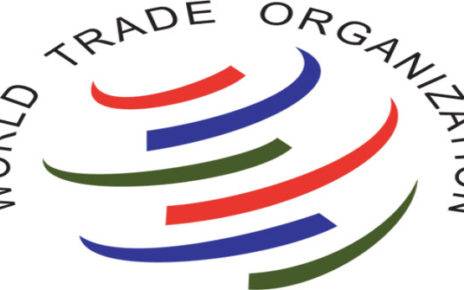In today’s world, businesses face more hurdles than ever before. One big challenge is keeping up with all the rules and regulations governing trade and supply chains. These rules are important because they make things fair and transparent, especially when it comes to protecting the environment, ensuring fair treatment of workers, and keeping companies honest. But sometimes, these rules can become a headache for businesses, making it hard for them to do their job.
Did you know that in 2023, nearly 3,000 trade restrictions were put in place around the world? That’s three times more than in 2019! These restrictions, like tariffs and quotas, come from concerns about things like the environment, tensions between countries, and making sure products are safe.
All these rules affect how businesses operate across borders. They have to follow them carefully to avoid getting into trouble and to stay competitive.
One big focus nowadays is on something called ESG – that stands for Environmental, Social, and corporate Governance. It’s all about making sure companies do the right thing for the planet and the people who work for them. Governments all over are making new rules to enforce ESG standards. For example, the EU has laws to stop deforestation in supply chains, and the US has laws against products made by forced labor.
But it’s not just big companies that have to worry about these rules. Small and medium-sized businesses (SMEs) can struggle to keep up because they might not have the money or know-how to deal with all the changes.
Take the EU’s Carbon Border Adjustment Mechanism (CBAM), for instance. It’s a new rule meant to cut down on carbon emissions, but lots of businesses weren’t ready for it when it started. Now, they could face fines if they don’t follow the rules.
So, what can businesses do to stay on top of all these regulations? Here are three important steps:
Know the rules: It’s crucial to understand what rules apply to your business and how they might change. Many businesses aren’t taking advantage of trade agreements that could help them save money and hassle. Getting to grips with these rules can be tricky, but it’s worth it.
Keep track of data: Businesses need to collect and manage lots of data about their supply chains. This helps them see where their products come from and if they meet all the rules. Having good data can save time and money and keep businesses out of trouble.
Work with the right partners: Choosing the right people to work with can make a big difference. Good partners will know all about the rules and can help businesses follow them. They can also help find ways to improve how things are done.
By following these steps, businesses can be ready for whatever the future brings. It’s all about being smart, staying informed, and working together to make sure everyone plays by the rules. In the end, that’s how we build a fairer, safer, and more sustainable world for everyone.





